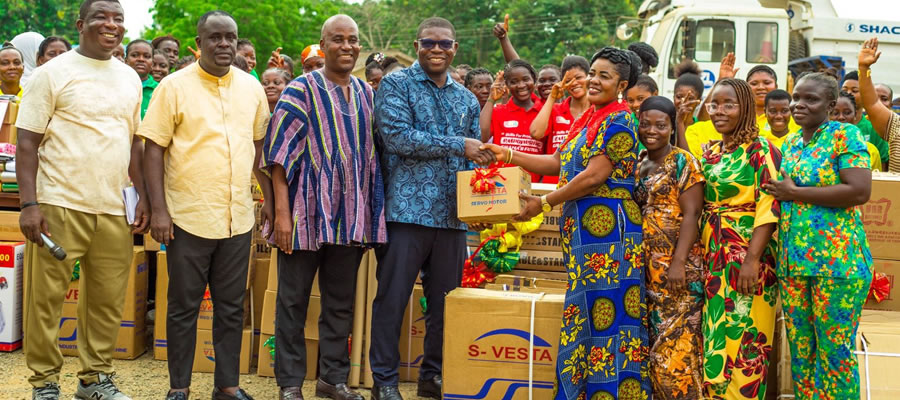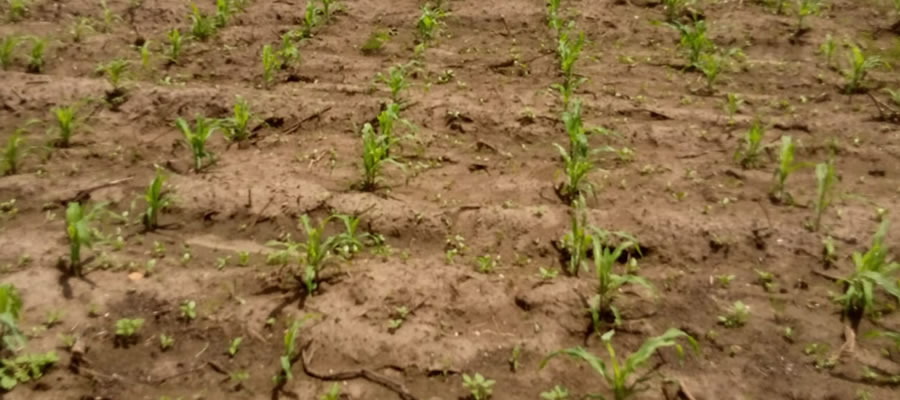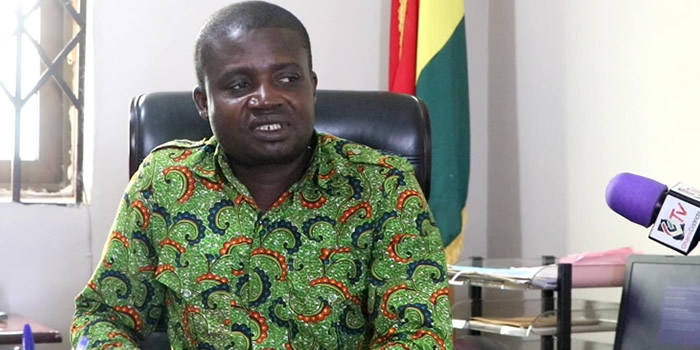

Good Governance
Governance in the Gomoa District hinges on both Traditionl Authorities and the established government institutions such as the DA and its sub-district structures, the police service, CHRAJ, NCCE, Electoral Commission and NGOs. It is therefore prudent for the DA to strengthen the institutions that are related to governance. The Gomoa District Assembly was established in 1988 when the Gomoa District was carved out of the former Gomoa-Awutu-Effutu-Senya District. The DA is the highest political and administrative authority in the district charged with responsibility to formulate and execute plans and programmes as well as initiating strategies for the effective mobilisation of resources necessary for the overall development of the district.
Under section 10 of the Local Government Act 1993, Act 462, the DA exercises deliberative, legislative and executive functions in the district.The district is divided into two constituencies namely; Gomoa West and Gomoa East. The district has 78 Assembly Members comprising 2 Members of Parliament, a DCE, 51 elected members and 24 appointed members. It must be noted that there are a total of 15 women in the DA, 5 of whom are elected and the others appointed.
The Executive Committee under Section 21 of the Local Government Act 1993, Act 462 exercises the executive and co-ordinating functions of the DA. The Executive Committee is chaired by the DCE, who oversees the day-to-day implementation of the Assembly decisions by working with and through the DCD, Heads of departments, sub-committees, sub-district structures, traditional and community leaders, AMs and NGOs operating in the district. The Gomoa DA has the five statutory sub-committees (Finance and Administration, Development Planning, Justice and Security, Social Services and Works) and three committees namely; Complaints and Public Relations Committee, Agriculture Committee and Disaster Management Committee.
Sub-District Structures
The GDA has 15 Town/Area councils. The only Town Council in the district is Apam. The Area Councils are Dago, Ankamu, Asebu/Pomadze, Aboso, Ekwamkrom, Afransi, Dawurampong, Eshiem, Assin, Dominase, Mumford, Nyanyano, Fawomanye, and Ojobi. Each Area Council has a number of communities under it. The administrative role of the Town/Area Councils is undertaken by the elected chairman and appointed secretary and treasurer. Currently, only 5 Town/Area Councils are functioning with offices and the required staff. The main problems confronting the Area Councils include inadequate office accommodation, inadequate personnel, lack of means of transport, inadequate remuneration for the staff and low revenue generation capacity.
Unit Committees are the basic structure in the local government system under the Town/Area Council. The Unit Committees are responsible for the mobilisation of community members for popular participation, identification of development needs, organisation of communal labour for implementation and monitoring of projects at the local level. Most of them are ineffective due to lack of incentives, low commitment of members, lack of logistics and irregular meetings.
Date Created : 11/20/2017 6:25:34 AM











 facebook
facebook
 X
X
 Youtube
Youtube
 instagram
instagram
 +233 593 831 280
+233 593 831 280 0800 430 430
0800 430 430 GPS: GE-231-4383
GPS: GE-231-4383 info@ghanadistricts.com
info@ghanadistricts.com Box GP1044, Accra, Ghana
Box GP1044, Accra, Ghana